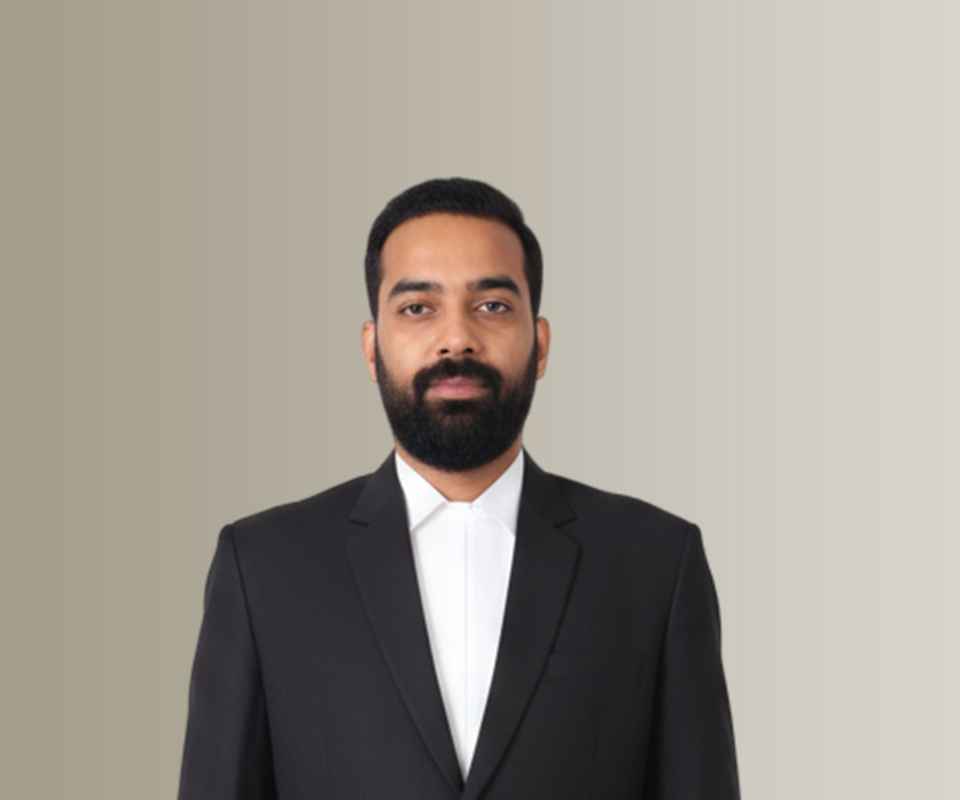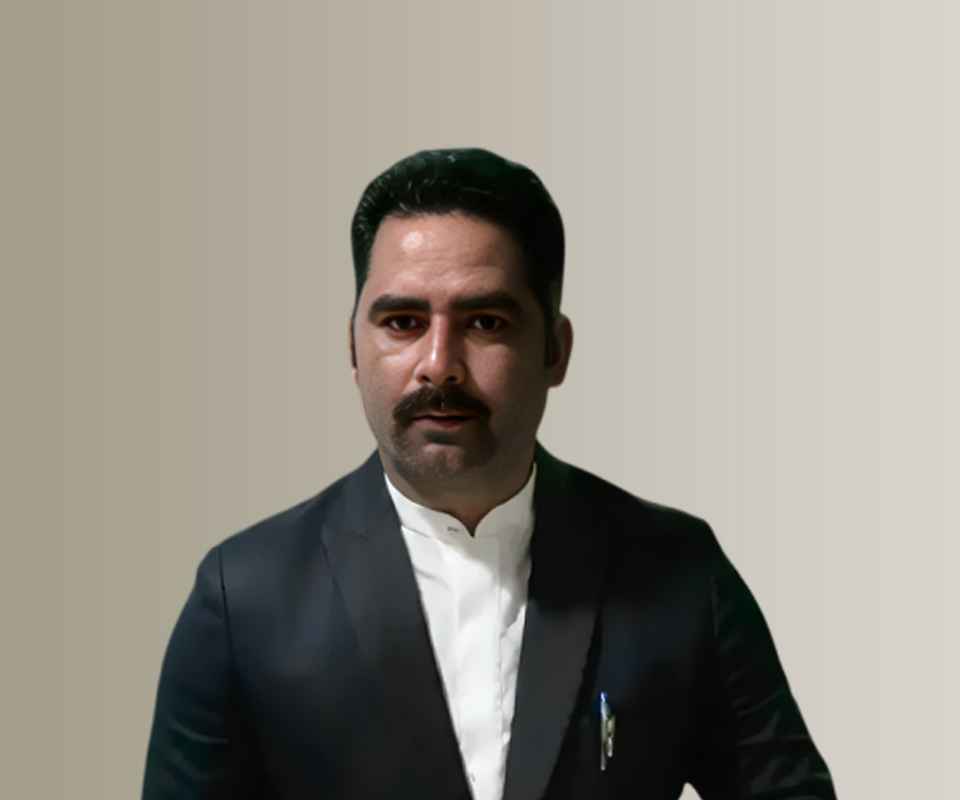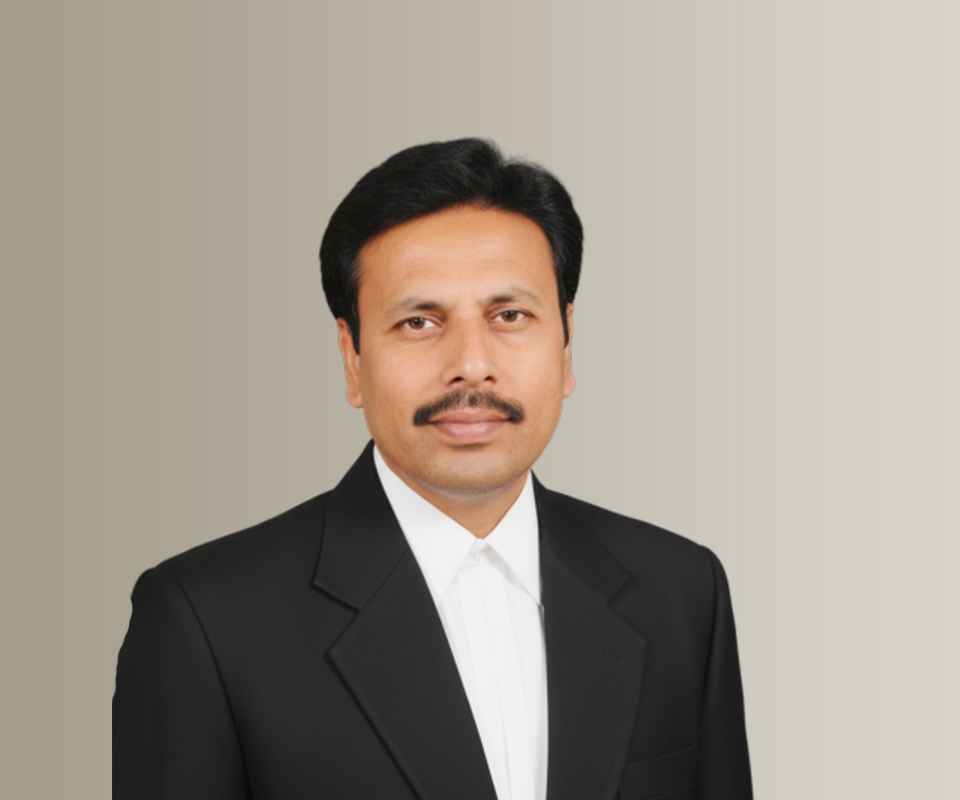Answer By law4u team
Recent court decisions in copyright cases have brought significant clarity to how copyright laws are applied in modern contexts, particularly with the rise of digital platforms and online content. These rulings have addressed key issues like fair use, digital piracy, user-generated content, and the scope of copyright protection in the digital age.
Recent Court Decisions on Copyright Cases:
Google LLC v. Oracle America, Inc. (2021 - United States)
Case Background: Oracle sued Google for copying portions of its Java software code to develop the Android operating system. Oracle claimed that Google’s use of Java was an infringement of its copyright.
Decision: The U.S. Supreme Court ruled in favor of Google, holding that Google’s use of Java was a fair use. The Court found that Google’s use was transformative because it was a new platform (Android) and not a mere reproduction of Oracle’s code.
Impact: This ruling was significant because it affirmed the importance of fair use in software development and provided a clear example of how copyright protection applies to software. It also clarified the concept of transformative use, which has been a key factor in many modern copyright cases.
The Indian Case of K.A. Abbas v. The Union of India (2020 - India)
Case Background: This case involved a claim for copyright infringement against the government’s use of a documentary film without permission. The producer of the documentary claimed that the film, which was used by the government in an educational context, had been misused.
Decision: The Delhi High Court ruled that the use of the documentary by the government for educational purposes fell under the fair use doctrine and therefore did not constitute infringement.
Impact: This decision reinforced the application of fair use principles in India, especially in cases involving the use of copyrighted works for educational or non-commercial purposes. It set a precedent for similar cases, especially in the digital age where educational institutions often rely on digital media.
Warner Bros. Entertainment Inc. v. W.TV. Network (2022 - United States)
Case Background: Warner Bros. filed a lawsuit against W.TV. Network, claiming copyright infringement for unauthorized streaming of its TV shows and movies.
Decision: The court ruled in favor of Warner Bros. and ordered W.TV. Network to cease unauthorized streaming and pay damages for the infringement.
Impact: This decision highlighted the importance of enforcing copyright protection against unauthorized streaming services and illegal online platforms. It also reinforced the role of copyright owners in actively protecting their content in the digital space.
The Google Books Case - Authors Guild v. Google (2020 - United States)
Case Background: Authors Guild sued Google for scanning books and making them searchable online, claiming that Google’s actions violated the authors’ copyright.
Decision: The U.S. Court of Appeals ruled that Google’s digitization of books for the Google Books project was a fair use because it was transformative and not commercial in nature.
Impact: This case clarified the boundaries of fair use, particularly in the context of digital archiving and searchability. It also contributed to the ongoing debate about how copyright should be applied to new technological advances like digital libraries and online databases.
Blizzard Entertainment v. Bossland GmbH (2022 - Germany)
Case Background: Blizzard Entertainment sued Bossland GmbH, a company that created cheats for Blizzard’s popular video game World of Warcraft. Bossland sold bots and cheats that allowed players to circumvent the game’s mechanics and gain unfair advantages. Blizzard argued that these cheats violated its copyright and terms of service.
Decision: The court ruled in favor of Blizzard, ordering Bossland GmbH to stop selling the cheats and pay damages.
Impact: This ruling strengthened the protection of intellectual property in online gaming and affirmed that cheating software could be considered a violation of both copyright and fair competition laws.
The UK’s PPL v. YouTube Case (2017 - United Kingdom)
Case Background: The Performing Right Society (PRS) sued YouTube for the unauthorized use of music tracks by users uploading videos with copyrighted music. The case concerned whether YouTube could be held liable for user-generated content uploaded to its platform.
Decision: The UK High Court ruled that YouTube was not directly liable for the infringing content uploaded by users, as the platform provided a safe harbor under the Digital Millennium Copyright Act (DMCA) principles, as long as it acted to remove infringing material when notified.
Impact: This case reinforced the importance of safe harbor protections for online platforms, which allow them to avoid liability for user-uploaded content, as long as they respond to takedown requests and comply with copyright law.
Viacom International v. YouTube (2010 - United States)
Case Background: Viacom sued YouTube for copyright infringement, claiming that YouTube hosted unauthorized copies of Viacom’s videos, including episodes of The Daily Show and South Park.
Decision: Initially, the court ruled in favor of Viacom, but the ruling was later overturned, and YouTube was granted a safe harbor under the DMCA for user-generated content. The court determined that YouTube was not liable for the videos uploaded by users.
Impact: This case helped clarify the scope of the DMCA safe harbor protections for platforms that host user-generated content. It also underscored the ongoing challenges copyright holders face in regulating content across global digital platforms.
Example
In the case of Warner Bros. v. W.TV. Network, Warner Bros. successfully sued for the unauthorized streaming of its copyrighted films.
Impact: This case reinforced the need for content creators to protect their intellectual property in an age where illegal streaming and online piracy are widespread. It also demonstrated the role of the courts in protecting copyrighted content on online platforms, where enforcement can be challenging.
These recent court decisions highlight the evolving nature of copyright law in the digital age and the challenges courts face in balancing the rights of creators with the interests of consumers and online platforms. Let me know if you need further details or examples!







